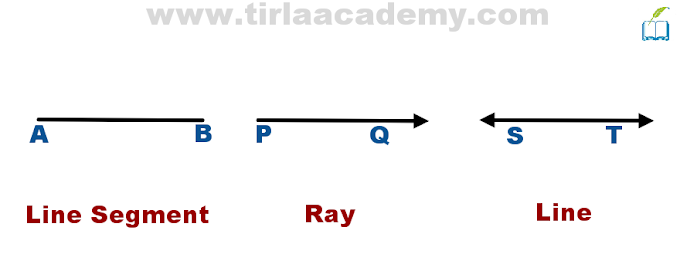You’ve tried dieting, cutting out foods, promising yourself “no more junk,” but every time it’s the same story: you start strong, then cravings hit — and discipline falls apart. What if food discipline wasn’t about willpower alone but about building habits and changing small parts of your life so staying in control becomes natural? Here’s how you can make that shift — today.
1. Understand Your “Why” First
Discipline without purpose burns out fast. Take a moment to ask:
Why do I want to eat better? Health, energy, mood, confidence?
-
What feelings do I want to avoid (guilt? fatigue?)
-
What positive result will keep me going when cravings hit?
When your reason is deeply personal, you’ll be more likely to choose discipline over momentary comfort.
2. Plan Ahead to Reduce Temptation
When hunger strikes unexpectedly, it’s easier to grab whatever’s available — even if you don’t want it. Planning your meals and snacks gives direction. It could mean:
Deciding your snack and meal choices ahead (breakfast, lunch, dinner + 1‑2 healthy snacks)
-
Buying groceries guided by that plan
-
Preparing simple meals in advance so you’re not tempted by fast food or convenience junk
3. Build Food Discipline Through Environment
Your surroundings constantly trigger habits. Give yourself an advantage by shaping them:
Stock your home with foods that satisfy and nourish (fruits, veggies, proteins), and make less healthy choices harder to reach
-
Remove or hide triggers: don’t keep snack foods in view; avoid food ads or tempting menus online if you’re vulnerable
-
Eat without distractions (no TV, no phone) so you notice fullness cues
4. Practice Mindful Eating & Recognize Triggers
Discipline strengthens when you catch yourself before acting:
Before eating: pause and ask, “Am I truly hungry, or eating out of boredom, stress, or habit?”
-
During meals: chew slowly, savor taste and texture. Eating slowly helps your brain catch up with your stomach
-
Keep a simple food journal (just note what, when, and how you felt) to spot emotional or situational triggers
5. Use Small Rewards and Forgiveness
Being disciplined isn’t about being perfect. When slip-ups happen, what you do next matters most.
Set achievable mini-goals (e.g., “I’ll choose water instead of soda 3 times this week”) and reward them with something non-food (movie night, book, relaxing walk)
-
If you stray, don’t beat yourself up. Acknowledge it, learn what led to it, then return to your plan. Self-kindness builds lasting discipline
6. Make Discipline a Habit, Not a Burden
Consistency builds strength.
Start small: replace one snack, or commit to choosing a healthier option once a day. Then gradually increase
-
Track progress visually: mark a calendar, use habit apps, or simply note wins. Seeing patterns builds momentum
-
Be patient. Discipline with food grows over time, just like any habit
Final Thought:
Being disciplined with food isn’t about strict rules or denying yourself forever. It’s about small changes, repeated over time, guided by purpose. When your environment supports you, you listen to your body, and you forgive yourself along the way — you build control you can live with.





